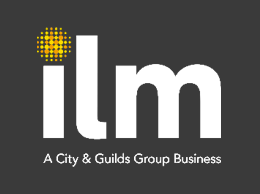Talent acquisition is often considered the same thing as recruitment—the process of finding and hiring talent. However, in a forward-thinking organisation, talent acquisition is much more than that. Recruitment is about filling vacancies. If an organisation focuses only on short-term recruitment, they can end up with high turnover rates and stunted growth. By contrast, the talent acquisition process is more complex. It requires organisations to deeply understand their business priorities and use this knowledge to plan for future workforce needs. In short, it aims to align in-house talent with company vision.
What will make you an attractive company to potential new employees? It doesn’t have to be overly complicated here are a few simple suggestions on how to become an attractive employer:
- Listen & Observe – by observing the ways your workers tackle certain tasks, managers can identify whether there is a talent gap within your organisation.
- Focus Groups – using employee focus groups can further identify ways of working and enable managers to review the nuts and bolts of a person’s role.
- Don’t over-complicate your application process
- Sell the opportunity – potential employees want somewhere they feel they can thrive so use your website and social media platforms to promote employee benefits.
- Bring your career pages to life – your company website will be where over 50% of candidates will head to.
- Communicate throughout – It makes a more positive job-hunting experience all round even down to the rejection communication.
- Keep it simple – Make sure you read the CV and ask the questions to ensure the candidate will fit into your current teams dynamic not just based on their skill set.
When interviewing, there are many different ways to read a candidate without asking direct or closed questions. There will be other key indicators you make pick up on such as body language, do they talk openly with pitch and expression.
Following the S-T-A-R method is a good way of measuring a candidate’s passion for certain subject areas and will help identify if they are a lifelong learner or someone just looking for a stop gap.
It may also be worth getting feedback from someone who wasn’t in the interview for example the receptionist who may have seen them waiting and can offer comment on their actions prior to stepping through the interview door.
At Futureproof, we are fully aware of the importance of attracting, developing and retaining talent. Come and take to us about our Recruitment and Interviewing Skills workshops or take a look at our full range of short courses by clicking here – www.futureproof-training.co.uk






